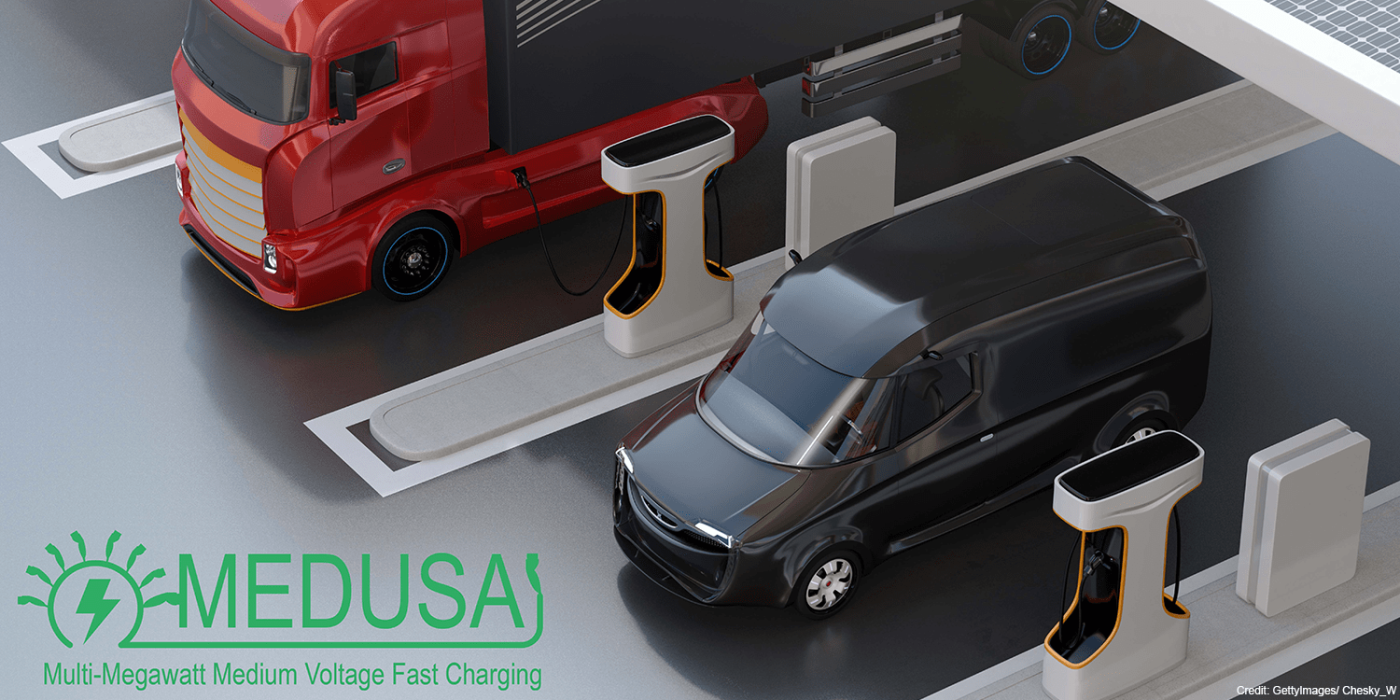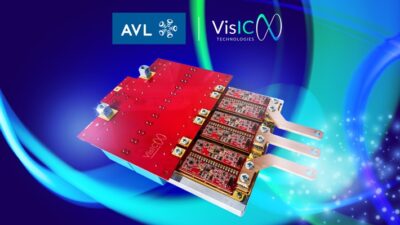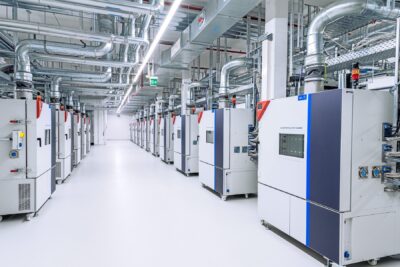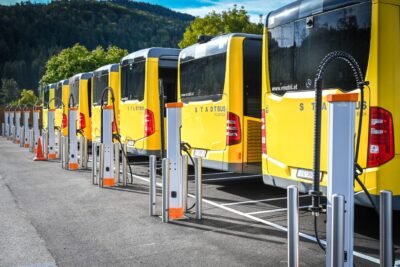MEDUSA Project: charging stations with 3 megawatts for heavy electric vehicles
The MEDUSA project is now underway with the AIT Austrian Institute of Technology and its partners AVL List, EnerCharge, Infineon Technologies Austria and Xelectrix Power are developing a fast-charging station and the corresponding infrastructure for electric heavy vehicles, buses and trucks in the multi-megawatt range.
The project is going for a whopping three megawatts. The MEDUSA project stands for Multi-Megawatt Medium-Voltage Fast Charging and, in the second phase, will for the first time develop a demonstrator in Europe for a multi-megawatt fast-charging station that will be directly connected to the medium-voltage grid.
The head of the MEDUSA project, Markus Makoschitz, who is a Senior Scientist am AIT Center for Energy explains that since the fast-charging of a truck requires the power of 3 megawatts, “Providing this high power is a major challenge for the distribution grid. Therefore, we are working in the project with selected partners who have the technological know-how for the development of a multi-megawatt fast-charging station with direct medium-voltage grid connection as well as grid-stabilising properties.”
Makoschitz says that in the future, these charging stations should enable both a fast charge of 3 megawatts or several charges of 150 kilowatts, which corresponds to the demand of around 20 passenger cars.
The project is divided into three phases. The first phase, started in May this year and will go till October 2022. Here the team is working on requirements definitions, the topological implementation as well as the design and comparison of several solutions. This phase will result in a concept demonstration. The second phase of the project focuses on the construction of a large-scale demonstrator, based on the results of phase 1. This is where the team will analyse the geographical conditions and traffic flows coupled with network simulation.
The project brings expertise together from several different technologies required for fast-charging infrastructure designed for the medium-voltage grid and the increased integration of renewable energies. Expertise in smart grids comes to the project via experts from the AIT Center for Energy. Also advantageous with the AIT Center for Energy is their SmartEST unique laboratory. Here, all components of the technical ecosystem of the e-vehicle charging infrastructure can be simulated in real hardware or in the form of a real-time emulation.
On the vehicle side, the experts at AVL List GmbH contribute their comprehensive application knowledge of the overall electric vehicle system, including knowledge and experience of charging and discharging processes and the technology to master them efficiently and safely. Joining the vehicle side, EnerCharge GmbH offers specific know-how and experience in the field of charging infrastructure solutions for cars and buses as well as modular ultrasonic fast charging systems with up to half a megawatt.
Expertise in semiconductor solutions comes from Infineon Technologies Austria AG and experts at Xelectrix Power GmbH will develop modular energy storage solutions for the charging infrastructure of heavy commercial vehicles.
Also today, ABB announced its Terra 360 which can fast-charge four vehicles simultaneously, which means some cars will be able to charge up 100km of range in less than three minutes. For trucks, however, while 350 kW is sufficient to charge, but the process will involve a matter of hours, rather than minutes. For fast-charging stations for long-haul trucks and heavy-duty vehicles, the MEDUSA project should find some answers.
ots.at (in German)





0 Comments